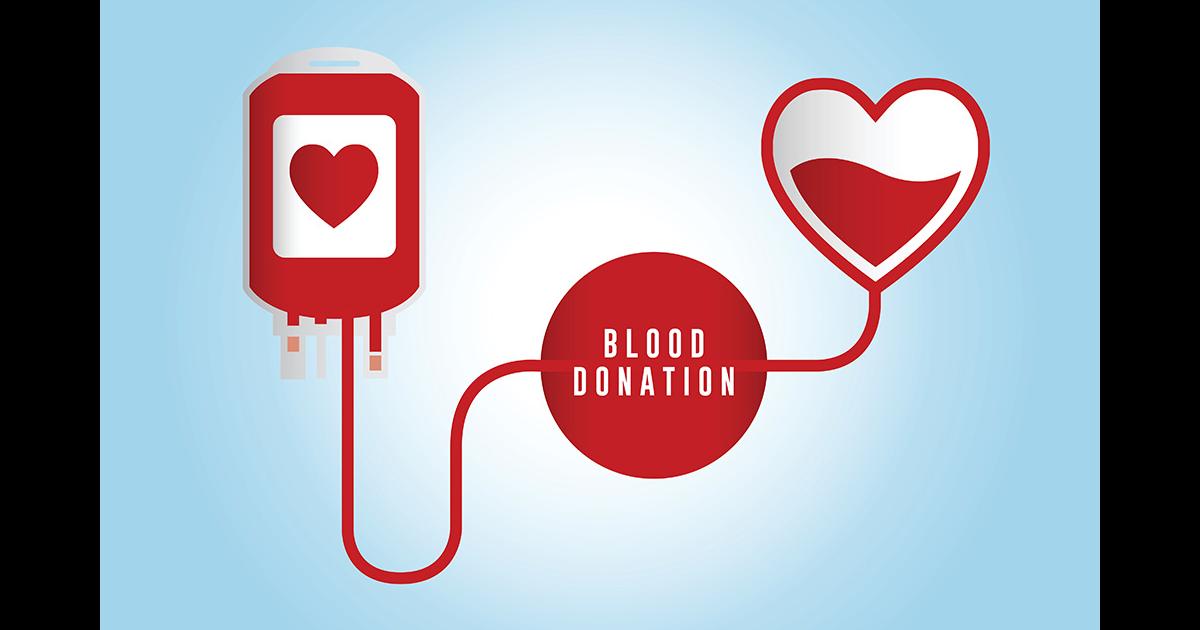Blood donation is a selfless act that can save lives. Every year, millions of people around the world require blood transfusions due to various medical conditions, surgeries, or accidents. Despite its importance, blood donation remains a topic that is often overlooked. In this blog, we will explore the significance of blood donation and why it is crucial for saving lives.
Why is Blood Donation Important?
1. Saving Lives: Blood donation is essential for patients undergoing surgeries, cancer treatment, or suffering from blood disorders. A single donation can save up to three lives.
2. Meeting Demand: Blood banks face constant challenges in meeting the demand for blood. Regular donations help ensure a steady supply.
3. Emergency Situations: In cases of accidents, natural disasters, or emergencies, blood donations can be a lifeline for those in need.
4. Supporting Medical Treatments: Blood transfusions are critical for patients with conditions like anemia, hemophilia, or undergoing chemotherapy.
Who Can Donate Blood?
1. Age: Typically, donors must be between 17 and 65 years old.
2. Health: Donors should be in good health, with no chronic diseases or infections.
3. Weight: Donors usually need to weigh at least 45 kg (99 lbs).
The Blood Donation Process
1. Registration: Donors register and provide basic information.
2. Screening: Donors undergo a mini-physical and answer health-related questions.
3. Donation: The actual donation process takes about 10-15 minutes.
4. Post-Donation Care: Donors receive refreshments and rest before resuming normal activities.
Benefits of Blood Donation
1. Reduces Risk of Hemochromatosis: Regular donation can help reduce iron overload.
2. Stimulates Blood Cell Production: Donation stimulates the production of new blood cells.
3. Sense of Satisfaction: Donors experience a sense of fulfillment knowing they’ve helped save lives.
Common Misconceptions
1. Pain: Donation is relatively painless, with only a slight pinch.
2. Time: The process is quick and efficient.
3. Health Risks: Donation is safe when done under proper medical supervision.
Conclusion
Blood donation is a simple yet powerful way to make a difference in someone’s life. By donating blood, you can help save lives, support medical treatments, and contribute to the well-being of your community. If you’re eligible, consider donating blood today and inspire others to do the same.
Take Action
1. Find a Donation Center: Locate a nearby blood donation center or mobile unit.
2. Schedule a Donation: Book an appointment or walk in to donate.
3. Spread Awareness: Share the importance of blood donation with friends and family.
Together, we can make a difference and save lives through blood donation.


